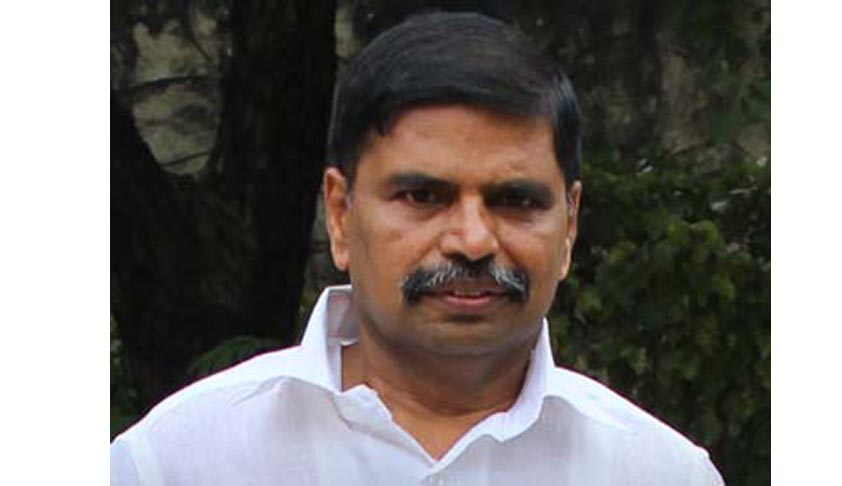- Home
- /
- News Updates
- /
- Madras High Court Judge condemns...
Madras High Court Judge condemns Justice Dave’s Gita remarks
Apoorva Mandhani
13 Jan 2015 11:41 AM IST
Madras High Court Judge Hari Paranthaman, while addressing a conference organized by the Advocate wing of ‘Fascisa Ethirpu Makkal Kootamaipu’ in Madurai on Saturday, expressed his condemnation of the statement of Supreme Court Judge A.R. Dave who had recently stirred a controversy by stating that if he had been the dictator of India, he would have introduced Gita and Mahabharata in Class I...
Next Story



